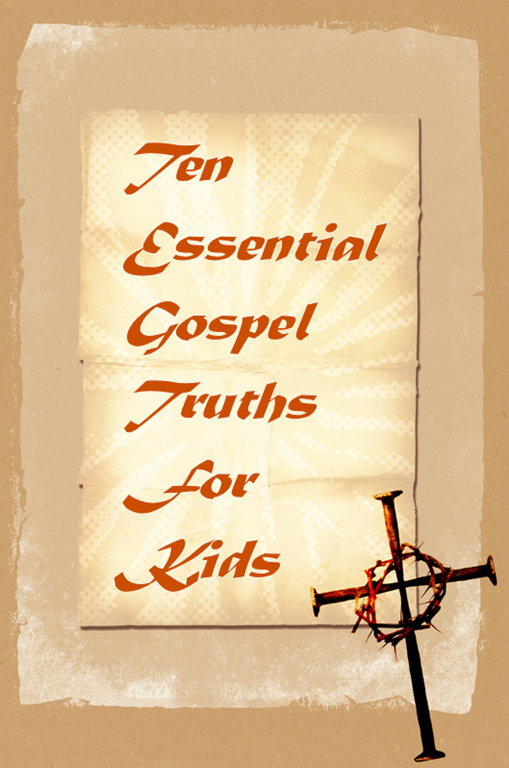


What Kristin Kobes du Mez accomplished in Jesus and John Wayne is tracing a history of American white, masculine, evangelical theology and to identify the historical, cultural, and political forces that influenced, guided, and focused its theological emphases for decades. As if these white, masculine voices are not equally subjective and focused on particular issues.

“Those'' voices, it is argued, are too influenced by their own subjective viewpoints and focus too much on one or two aspects of theology to be taken as seriously as the other (white and masculine) voices that have dominated for centuries. Since white, masculine voices have been privileged in the field of theology for centuries (or since voices were assumed to be white and male, regardless of the truth of that assumption), any attempt to equally privilege latinx, black, female, LGBTQ+, Asian, Indigenous, or any other perspective alongside those voices is often resisted. The reason is that these are assumed - the “mythical norm” of theologies, as it were. You may notice (as I did) a couple of categories that are missing from these “adjectival” theologies: white theology and masculine theology. While reading the assignment, I realized that contextual theologies are essentially theologies with an adjective placed in front: feminist theology, womanist theology, latinx theology, LGBTQ+ theology, liberation theology, black liberation theology, etc. Rate and review this podcast on Apple Podcasts! Support the show by subscribing to The Post-Evangelical Post newsletter.It was in graduate school that I first heard the phrase “contextual theologies.” I was intrigued since context - both cultural and historical - is crucial to understanding theology. įollow Blake on Twitter and on Instagram. You can learn more about Kristin Kobes Du Mez's work on her website, and be sure to follow her on Twitter. If you've spent time in white evangelical circles, much of this will ring true if you wonder why evangelicals are drawn to "strong men" like Donald Trump, her work will help explain why.īy tracking the development of "masculinity" through 20th & 21st century popular evangelical culture, Du Mez helps us understand our present moment better. Her book examines the role that cultural ideals of evangelical masculinity have been influenced more by John Wayne than by Jesus of Nazareth. My guest this week is Kristin Kobes Du Mez, author of the new book Jesus and John Wayne: How White Evangelicals Corrupted a Faith and Fractured a Nation (, Amazon ).


 0 kommentar(er)
0 kommentar(er)
